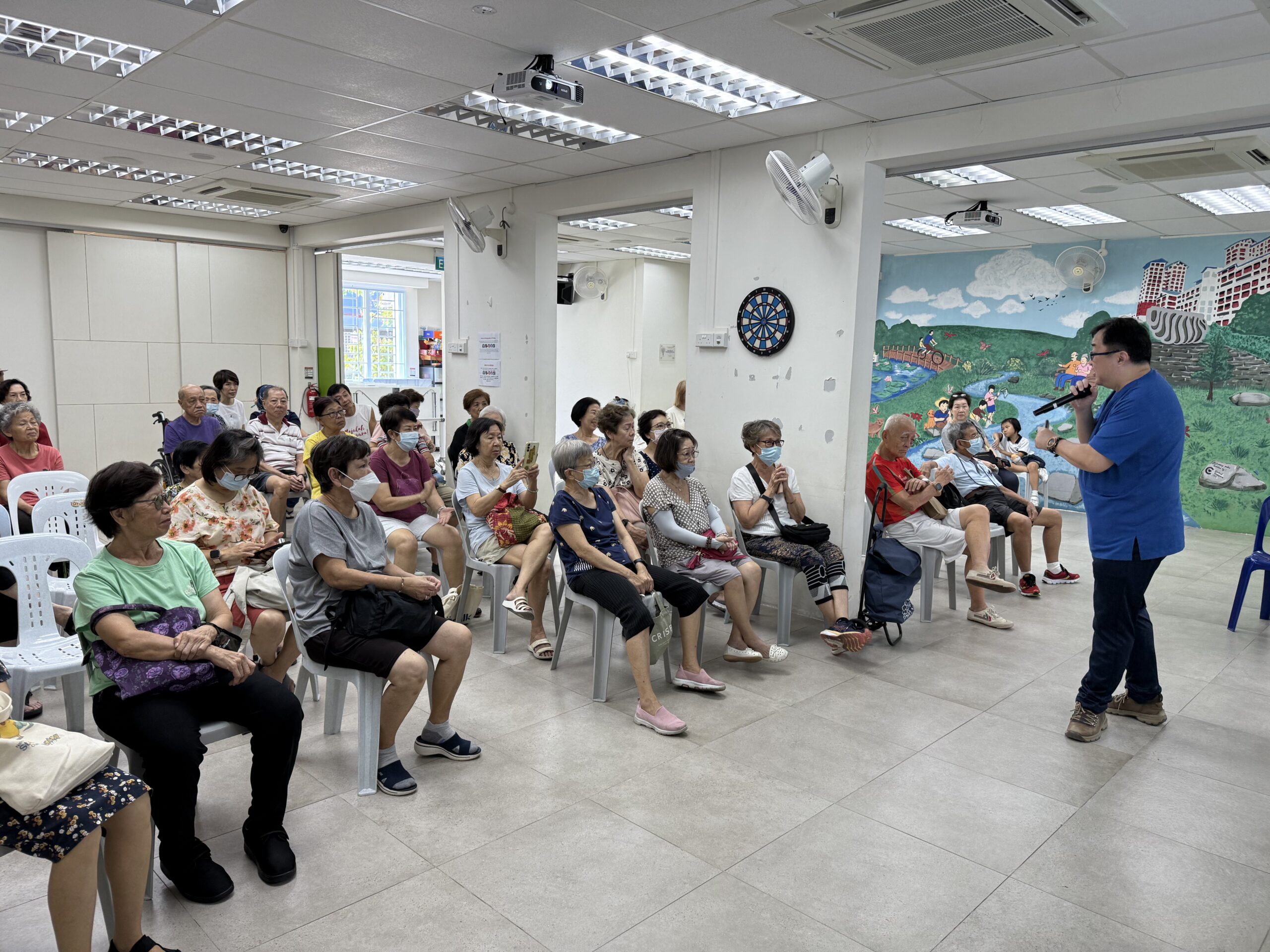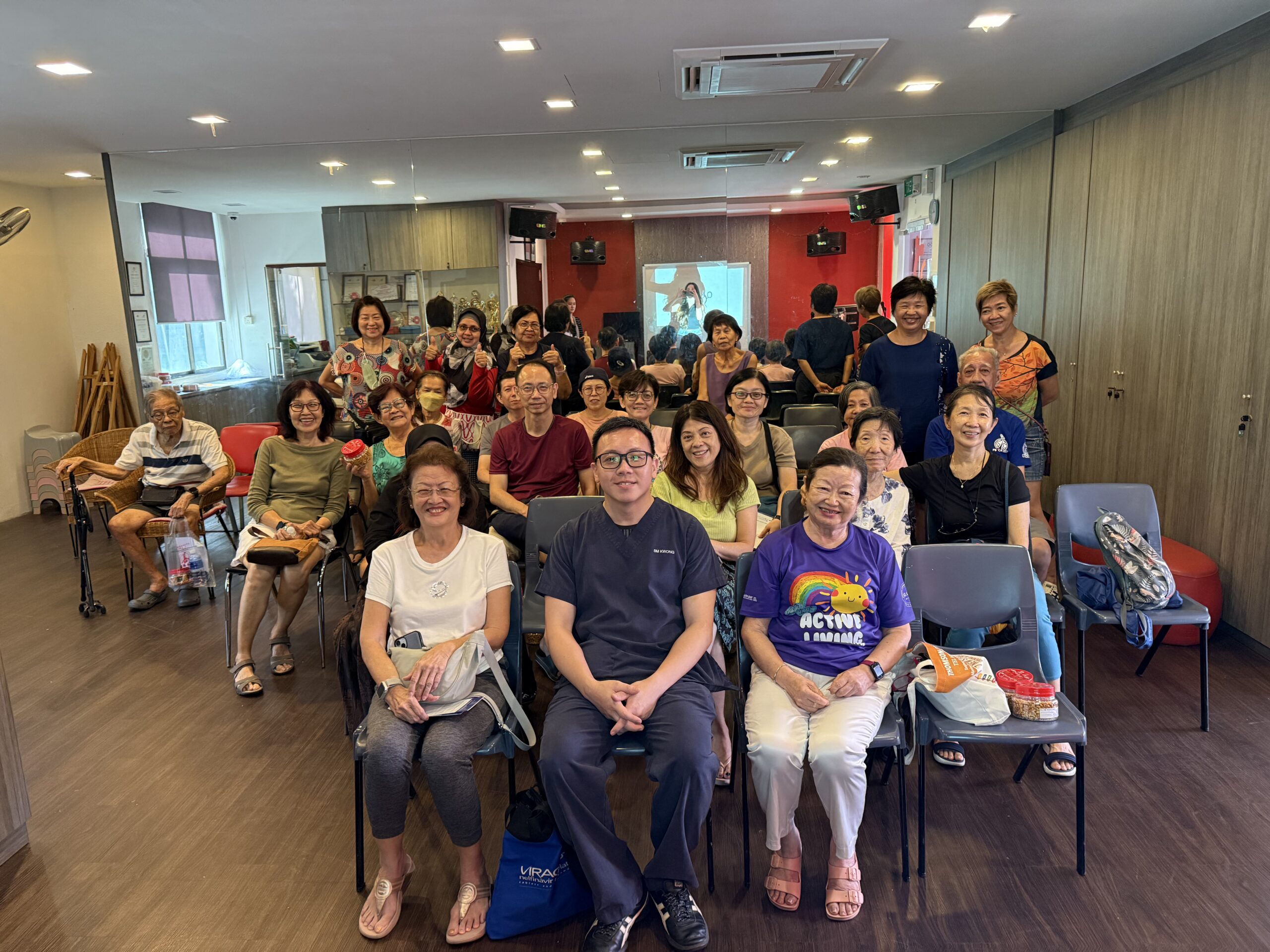
About Dr James Lee Kok Yew 李国耀医生
Family Physician
DR+ Medical Paincare Clinic (Kovan)
—
Dr James Lee is currently the Medical Director of DR + Medical Paincare Clinic (Kovan). DR+ Medical & Paincare clinics are general practitioner (GP) clinics that offer primary healthcare services with a focus on pain care. Pain Care GPs practicing at these clinics undergo rigorous training and continuous education on pain management, family medicine, nursing, and clinical service standards by the Singapore Paincare Academy. As a Pain Care GP, Dr Lee sees about 40 patients coming to him for pain conditions every month.
Dr Lee graduated from University of Malaya, Malaysia, in 2014 with a Bachelor’s Degree in Medicine and Surgery. In 2018, he obtained his post-graduate accreditations with the Royal Colleges of Physicians of the United Kingdom (MRCP UK) and became a fellow of Royal College of Physicians of Edinburgh. Under the supervision of veteran Consultants in both SGH and TTSH, Dr James is well-trained and experienced across various specialties, namely Neurology, Rheumatology, Infectious Disease, Gastroenterology, Nephrology, Internal Medicine and General Surgery.
In 2023, Dr Lee obtained his Graduate Diploma in Family Medicine with the College of Family Physicians, Singapore, and is an accredited Family Physician. His main interests are pain management, acute and chronic disease management. He is also well-versed in English, Mandarin, Malay and Cantonese.
What does DR+ means?
DR+ literally stands for Doctor Plus which communicates that our primary care doctors are more than generalists but also possess a comprehensive portfolio of clinical capabilities for many common pain conditions. I’m passionate about the area on Pain Management as well as Chronic Disease Management. More than half of my patients who actually walked in from the door of my consultation room would be complaining of certain type of pain. Hence I’m glad that now I can help them within my capabilities.
What is the role of GPs in pain management?
GPs are like family physicians in that we manage a range of different diseases, whether acute or chronic. Most GPs tend to treat pain with analgesics; if that does not offer relief then they tend to either send the patient for a series of tests and scans to investigate the underlying cause, or refer the patient to a specialist, or both.
The lack of knowledge and exposure to pain management hinders GPs from being able to manage and administer specific treatments for pain. It was only when I learned more about pain management by undergoing training with the Singapore Paincare Academy, that I was inspired by what pain specialists can do to triage and manage pain effectively, without relying on analgesics alone.
What types of patients with pain are you seeing in your practice? Are they generally older adults and why do you think there is an increase in these types of patients?
The majority of my patients are elderly, over 60, and have degenerative conditions as their primary source of pain. There tends to be very little difference between men and women in terms of how the symptoms present.
To date, the most common condition which I have encountered would be osteoarthritis due to tissue deterioration at the knees, neck and lower spine, as well as patients suffering from frozen shoulder. Younger adults who come to my practice typically have pain that is associated with sports-related injuries, like plantar fasciitis or tennis elbow.
There is also an increase in patients who are obese. Their excess weight not only restricts their movement, but also weighs heavily on their muscle and joints, leading to chronic pain conditions later.
What kind of pain treatments do you provide at DR+?
I do a range of specialised injections including Coreflex injections, Platelet-Rich Plasma (PRP), Intra-articular injections as well as Peripheral Nerve Blocks. These are generally used to treat a wide variety of painful conditions and do not incur any down-time or risk.
How effective are pain management treatments in reducing pain and how soon can we see the results of treatment?
Each patient is unique and not all types of pain are treated in the same manner. That said, when patients complete their treatment procedures, we usually schedule a follow-up visit to monitor their progress. To date, I am happy to share many of my patients have experienced 60 to 70% reduction in their level of pain following our recommended treatments. This is a great improvement considering many usually come in with debilitating pain that can affect their day-to-day activities. For patients whose pain is unresolved or continues to persist despite our treatments, they are referred to a pain specialist like Dr Bernard Lee from the Singapore Paincare Center.
Are the injections painful?
A lot of patients are afraid of injections especially during this pandemic where the government is encouraging residents to proceed with vaccination. But believe me, the little pain that you experience during the injections is much lesser than the pain that you have already been suffering from.
Of course, our pain management doesn’t only stop there. We will be providing you medications as well as follow-up physiotherapy sessions following the pain treatment injections that we are giving you. We will also review you periodically to ensure your pain has been relieved substantially if not completely.
How would you describe finding the right family doctor?
To me it’s like finding a lifetime partner. There will always be many choices. But once you find the right one to be with…you will live happily ever after. In the same way, once you find the right doctor, you will be living a pain-free life forever.
Why did you become a doctor?
The person who inspired me to become a doctor was my late father. He taught me how to conquer my fear of death and he spoke very highly of a doctor’s profession since young. However, he unfortunately died in an accident after my interview for the enrolment of my university. I could still remember vividly, when he was lying down on the hospital bed… At that moment I realised how important and noble a doctor’s duty was, to help and revive patients.
What is one thing you want to say to people in pain?
What started as an acute pain may become chronic if one ignores or does not manage the pain properly. So patients should seek medical help early if they experience prolonged pain for more than 2 months or if the pain affects their daily activities.
What is something interesting about you that we do not know about?
I’ve been taking up foreign languages courses online to improve my language skills. The reason? I want to enhance my ability to communicate different native speaking patients so that I can help more people.



